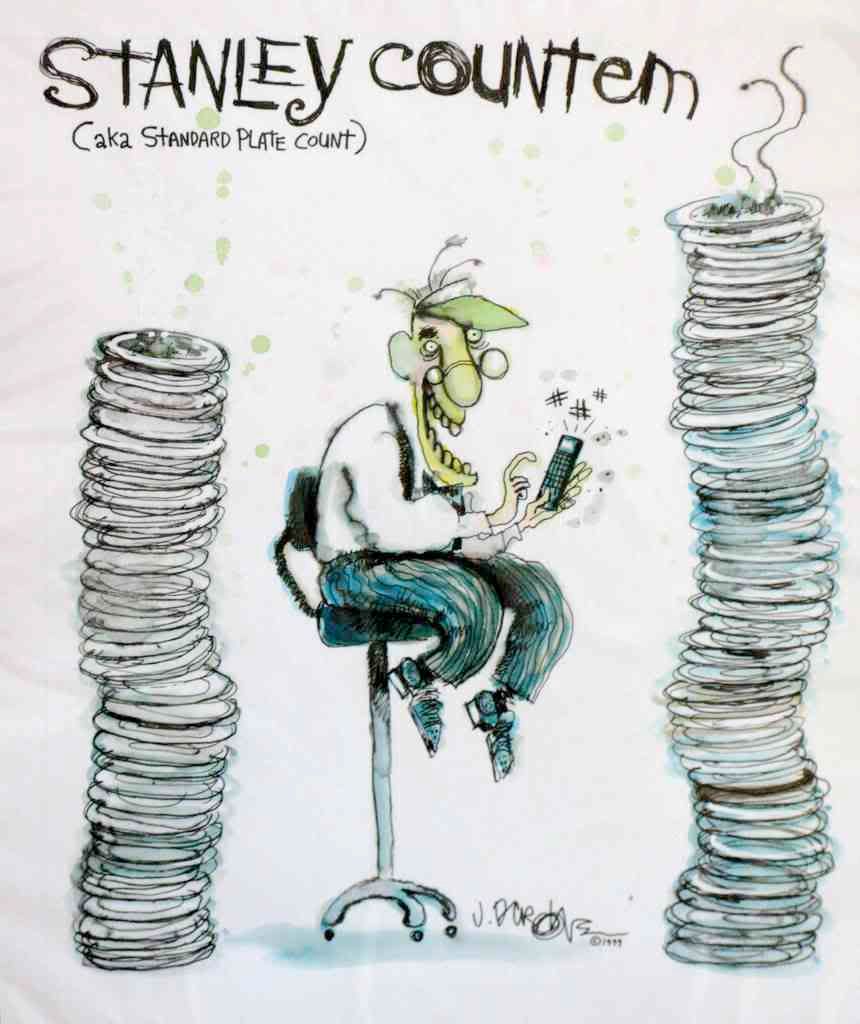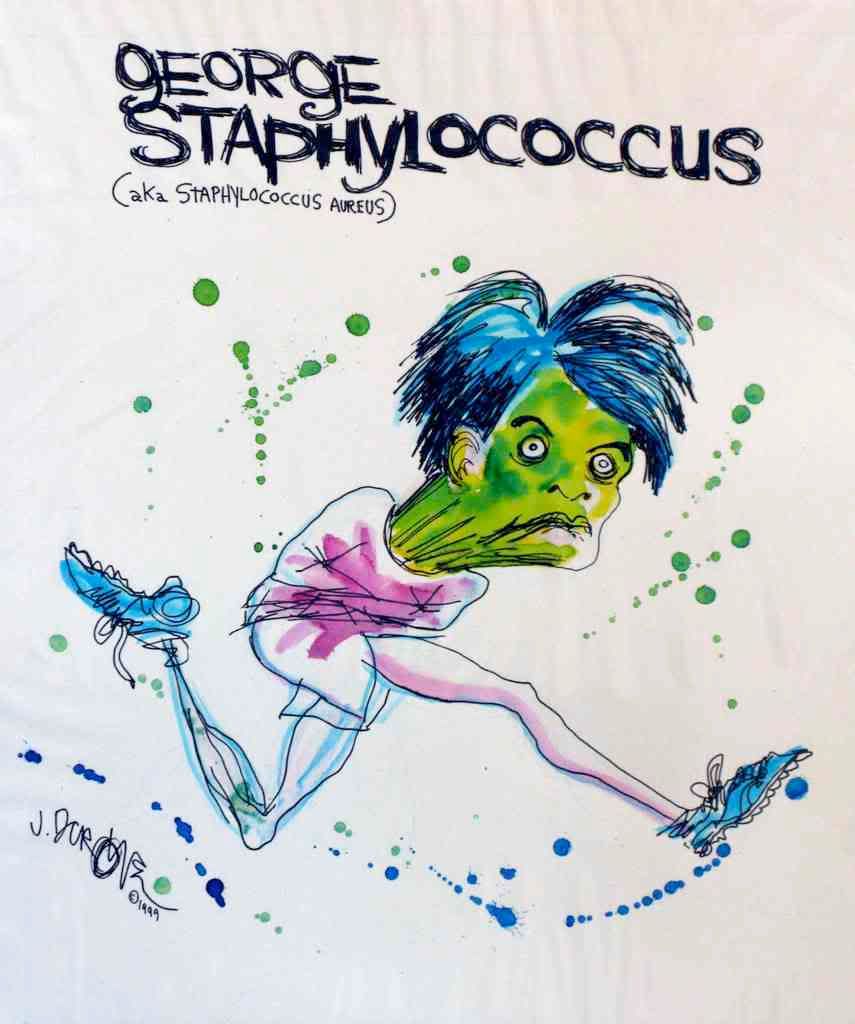The Campaign for Safe Cosmetics (CSC) has asked Johnson & Johnson to reformulate its line of personal care products. The request was triggered by lab tests that revealed the presence of very low levels of formaldehyde and 1,4-dioxane (“dioxane”) in Johnson’s Baby Shampoo as well as in other cosmetics and toiletries from several different manufacturers.
The test results, released in March, are detailed on the CSC web site. In addition to J&J, CSC’s independent lab found formaldehyde and/or dioxane in brands such as Ascendia, Bath and Body Works, CVS/Pharmacy, Gerber, Kimberly-Clark, Kirkland (Costco), L’Oreal, Procter & Gamble and Unilever, among others.
CSC contends that alternative manufacturing procedures and preservatives can be used, which would not introduce any formaldehyde or dioxane into cosmetics and toiletries. According to this coalition of consumer advocacy groups, there is no excuse for the existence of trace quantities of these contaminants in products such as baby shampoo. Why, then, are they present?
Formaldehyde is a breakdown product of Quaternium-15, a Dow Chemical preservative that is used to prevent bacterial and fungal growth in personal care products. In fact, formaldehyde is the actual anti-microbial agent, slow-released over the life of the product. Both Quaternium-15 and formaldehyde can cause skin irritation, and some consumers may be allergic to Quaternium-15.
As long as Quaternium-15 – or another other similar preservative – is used, there is no way to avoid the presence of formaldehyde. Dioxane, however, is a different story. It’s an incidental contaminant in personal care products, and not a deliberate addition to the formula.
Some of the older ingredients used in shampoos and other soaps – sodium lauryl sulfate, for example – are skin irritants. Chemical modification of these ingredients eliminated the irritation, but added a dioxane residue, which can be removed by a final “vacuum-stripping step. Shampoo manufacturers can ensure that their products are dioxane-free simply by paying a little more to purchase “vacuum-stripped” ingredients.
The National Institutes of Health has long considered that dioxane is “…reasonably anticipated to be a human carcinogen.” While supporting data are very limited, the chemical was shown to promote an increased incidence of skin tumors in a two-stage cancer study in mice.
According to FDA, which has been monitoring the dioxane situation for more than 30 years, levels of this contaminant in personal care products have declined “significantly” during this time.
Is this all a tempest in a teapot? After all, the United States does not prohibit formaldehyde in personal care products.
In fact, FDA’s Guide To Inspections Of Cosmetic Product Manufacturers specifically mentions the use of “formaldehyde-releasing preservatives” as an example of an adequate preservation system for cosmetic hair products. Nor has FDA banned or placed a limit on dioxane in personal care products. But some other countries have acted.
According to Senator Kirsten Gillibrand (D, NY), the European Union has banned dioxane from all personal care products. Canada and the EU limit formaldehyde in personal care products to 2,000 parts per million – nearly 10 times the levels found in Johnson’s Baby Shampoo. Japan and Sweden have completely banned formaldehyde from these products.
Last month, Senator Gillibrand introduced a bill that would require FDA to survey a range of cosmetics and personal care products, marketed to or for children, for the presence of dioxane, formaldehyde and several other chemical contaminants, and to report their results to Congress within one year after the bill’s enactment. The Safe Baby Products Act of 2009 is co-sponsored by Senators Charles Schumer, Roland Burris and Dianne Feinstein.
Based on what we’ve read, the risks posed by the levels of dioxane and formaldehyde found in shampoos and cosmetics appear low. But why should consumers – and especially their children – be exposed to any unnecessary risk? There are alternatives!
Until J&J and the other named manufacturers take steps to eliminate formaldehyde and dioxane from their products, consumers can – and should – vote with their wallets.
- Avoid purchasing any of the brands that were found to contain dioxane.
- Read the product label. If the ingredients include Quaternium-15, Imidazolidinyl urea (Germall®), Diazolidinyl urea (Germall II®), DMDM hydantoin (Glydant®), Bromonitropropane diol (Bronopol™), or Tris (hydroxymethyl) nitromethane (Tris Nitro®), leave the product on the shelf.
Personal care product manufacturers have a choice. They can wait until a public backlash – or Congress – forces them to reformulate. Or they can make the changes on their own, and reap the marketing benefits.
Eliminating an avoidable product safety risk should be a no-brainer.
 Welcome to the eFoodAlert Cholera Chronicle. Periodically, we'll present a summary by region of cholera news from around the world.
Welcome to the eFoodAlert Cholera Chronicle. Periodically, we'll present a summary by region of cholera news from around the world.







